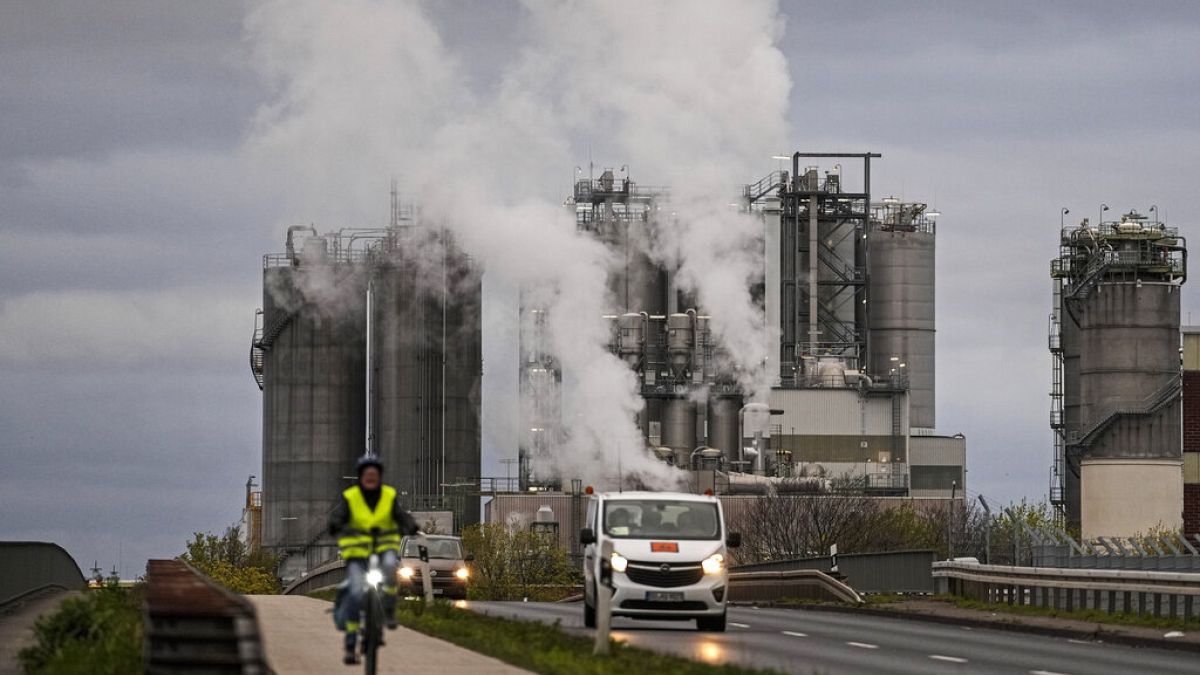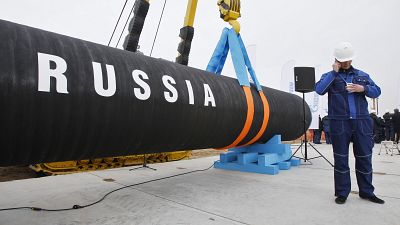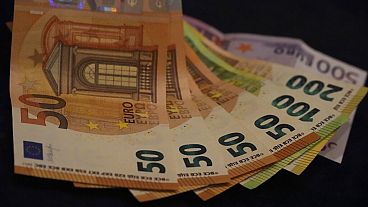German bosses and unions have opposed a ban on Russian gas imports by the EU, claiming it will cause job losses and factory closures.
Bosses and unions in Germany have joined forces to oppose a possible EU ban on Russian gas, saying it would grind industry to a halt.
Many figures in Germany are calling for an EU-wide ban on Russian gas imports, following the country's invasion of Ukraine in February.
But German employers and trade unions announced Monday they oppose such a move, saying it would lead to job losses and factory shutdowns in the EU's largest economy.
“A rapid gas embargo would lead to loss of production, shutdowns, a further de-industrialization and the long-term loss of work positions in Germany,” said Rainer Dulger, chairman of the BDA employer's group, and Reiner Hoffmann, chairman of the DGB trade union confederation, in a joint statement Monday.
They added that, while EU sanctions are needed to put pressure on Russia, they must minimise the impact on those who impose them.
"In the current discussion, we don't see that," they said.
EU ministers are currently debating a potential embargo of Russian oil, as Ukraine's leaders say revenues from energy sales are funding Russia's war effort in Ukraine.
This follows an EU decision in April to ban Russian coal imports.
Germany - alongside Italy, Hungary and Austria - is very dependent on Russian energy and has been one of the most reticent EU member states to sanction gas and oil imports from the country.
As a major manufacturing hub, it has so far resisted calls for an immediate shut-off and said it plans to instead phase out Russian oil by the end of the year and most Russian gas imports by mid-2024.
Chancellor Olaf Scholz has warned a sudden cut-off of Russian gas would plunge "all of Europe into a recession."
Analysts say an EU boycott of Russian energy would lead to higher energy prices, hurting consumers who are already facing a record EU inflation of 7.5%.
However, Germany's economy minister Robert Habeck says the country has already slashed its dependence on Russian energy since the invasion of Ukraine.
Russian oil imports have come down from 35% to 25%, and gas imports from 55% to 40%, he said.
Despite widespread economic sanctions against Russian banks and individuals, the EU continues to send around $850 million per day to Russia for oil and gas, even as EU governments condemn the war in Ukraine.
The EU's 27 nations get around 40% of their natural gas from Russia and around 25% of their oil.



